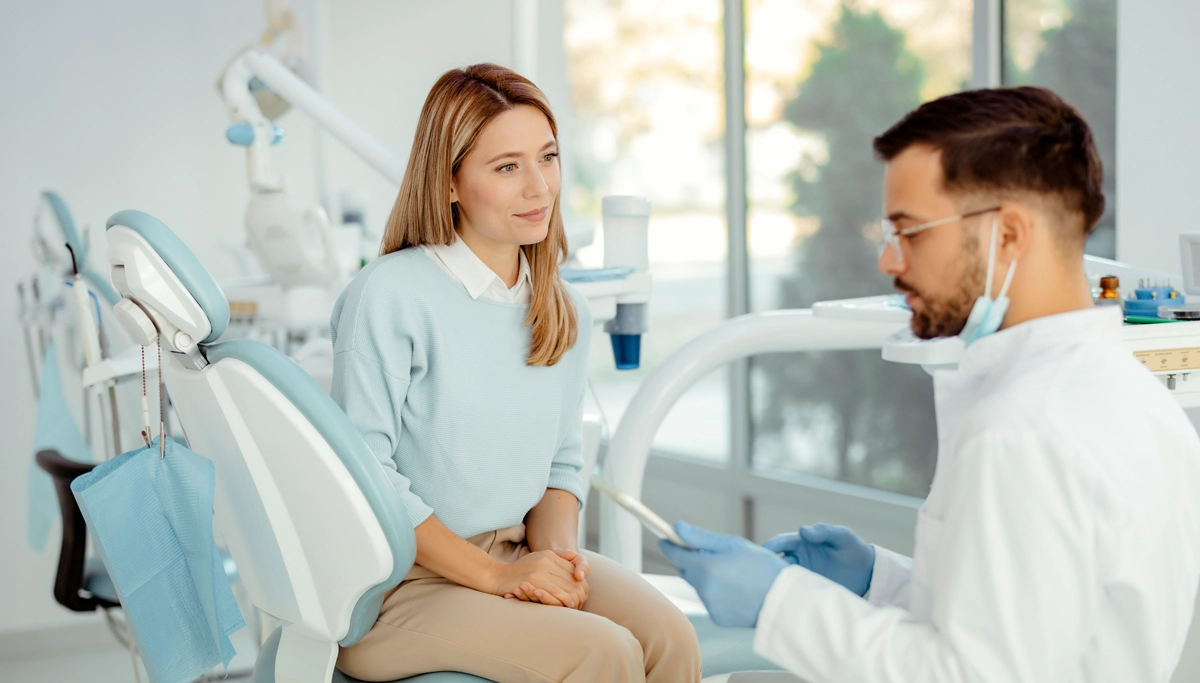How allergies affect your eyes
Seasonal allergies and your eyes
When spring flowers bloom or fall leaves scatter, many people deal with seasonal allergies. While most associate allergies with sneezing, congestion, and itchy throats, they can also lead to discomfort and temporary vision issues.
When allergens are in the air, they can trigger your body’s immune response. This includes releasing chemicals known as histamines, which try to rid your body of allergens by making you sneeze, or by making your eyes itchy or watery.
If you suffer from allergies, this reaction can go into overdrive and cause numerous problems with your eyes:
-

Inflammation
-
 Irritation
Irritation -

Redness
-

Itchiness
-

Watering
-

Swelling
-

Sensitivity to light
These symptoms can make everyday tasks, such as reading or driving, more challenging. In severe cases, prolonged exposure to allergens can cause inflammation and pain in and around your eyes or potentially lead to further eye issues.
Seasonal allergies can also cause dry eye syndrome. This is when your eyes don’t make enough tears, or the tears dry out too fast, making your eyes feel gritty, tired, or blurry. Dry eyes can be painful and even raise your risk of eye infections.
Managing allergy-related eye issues
The good news is that allergies don’t always win. There are several ways to minimize your exposure to allergens and their influence on your day:
-

Stay indoors on high-pollen days: Check pollen reports and try to remain inside with the windows closed whenever counts are high. Use fans or air conditioning to stay cool, and to keep them effective, make sure your fan blades are clean and change the filters in your air conditioner regularly.
-

Wear sunglasses outside: They’ll help keep pollen and dust out of your eyes. Make sure you have a pair that also protects your eyes from harmful UV rays!
-

Keep your hands and face clean: Clean hands and not rubbing your eyes will help you limit symptoms.
-

Use an air purifier: A good air purifier with a high-efficiency particulate air (HEPA) filter can help remove allergens from the air in your home.
-

Try allergy eye drops: There are eye drops that can help treat itching and redness caused by allergens. Ask your optometrist for a recommendation!
-

Be careful around pets: Pets can track in allergens or trigger allergies themselves. To combat this, wash your hands after touching your pet and try to keep them out of your bedroom, so they don’t spread allergens where you sleep.
-

Medication: There are numerous treatment options for eye allergies. Talk to your optometrist about what’s best for you.
When to see an optometrist
While most allergy-related eye symptoms are temporary, persistent issues such as prolonged blurred vision, severe swelling, or pain should be evaluated by your eye doctor.
Show seasonal allergies who’s boss
Allergies can significantly affect vision health. But taking proactive steps to reduce your exposure will help you reduce or avoid symptoms, so you can enjoy the season in comfort.






